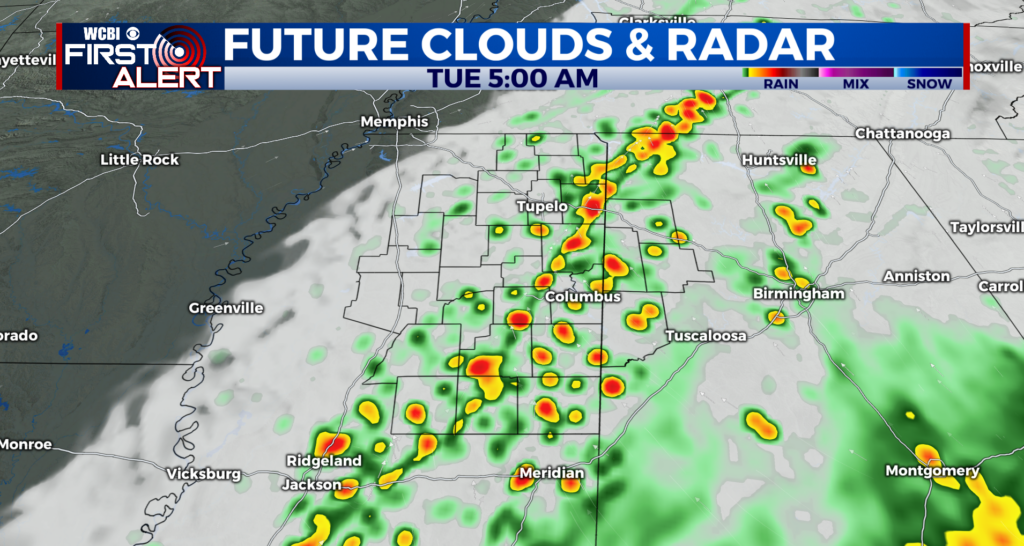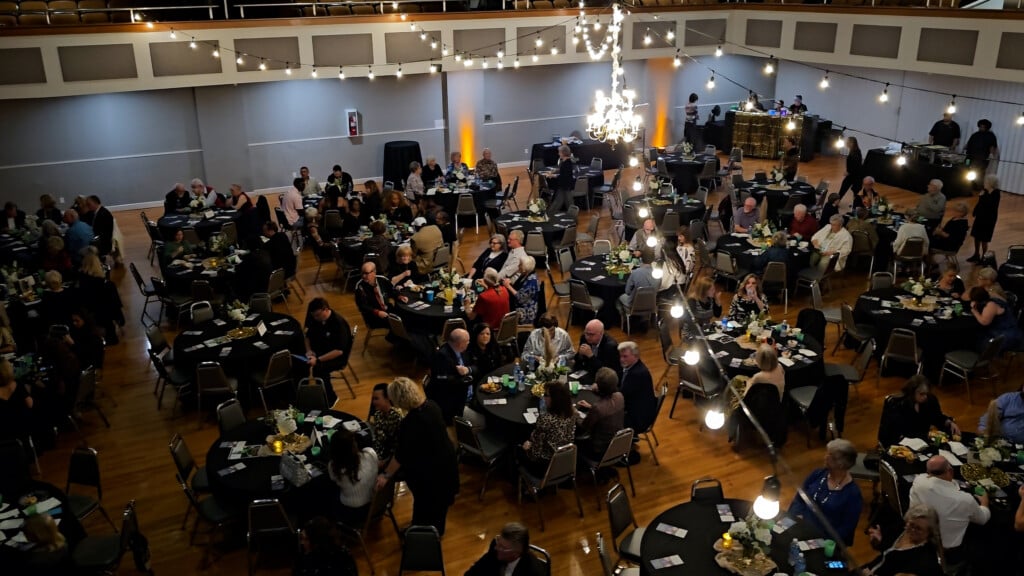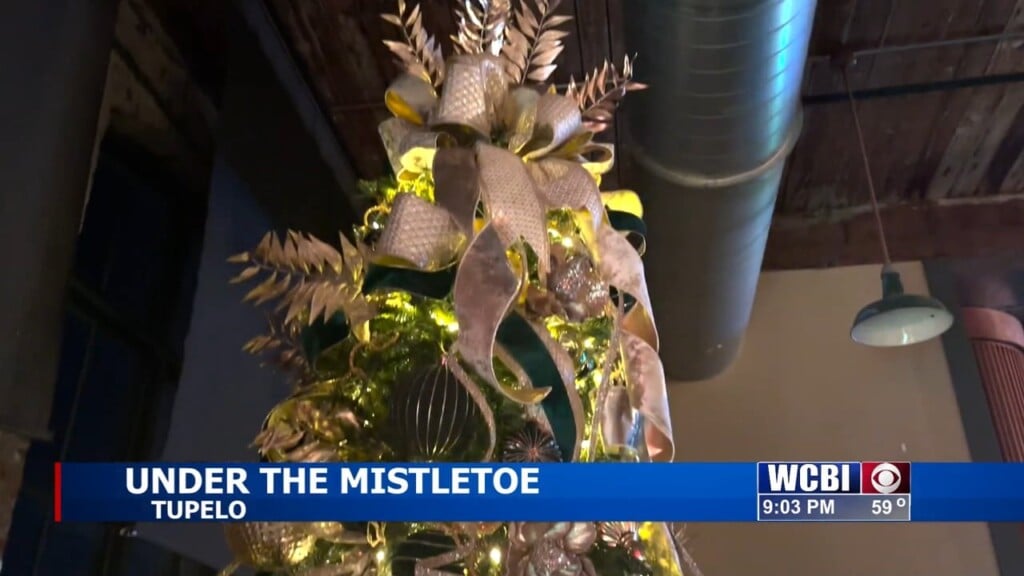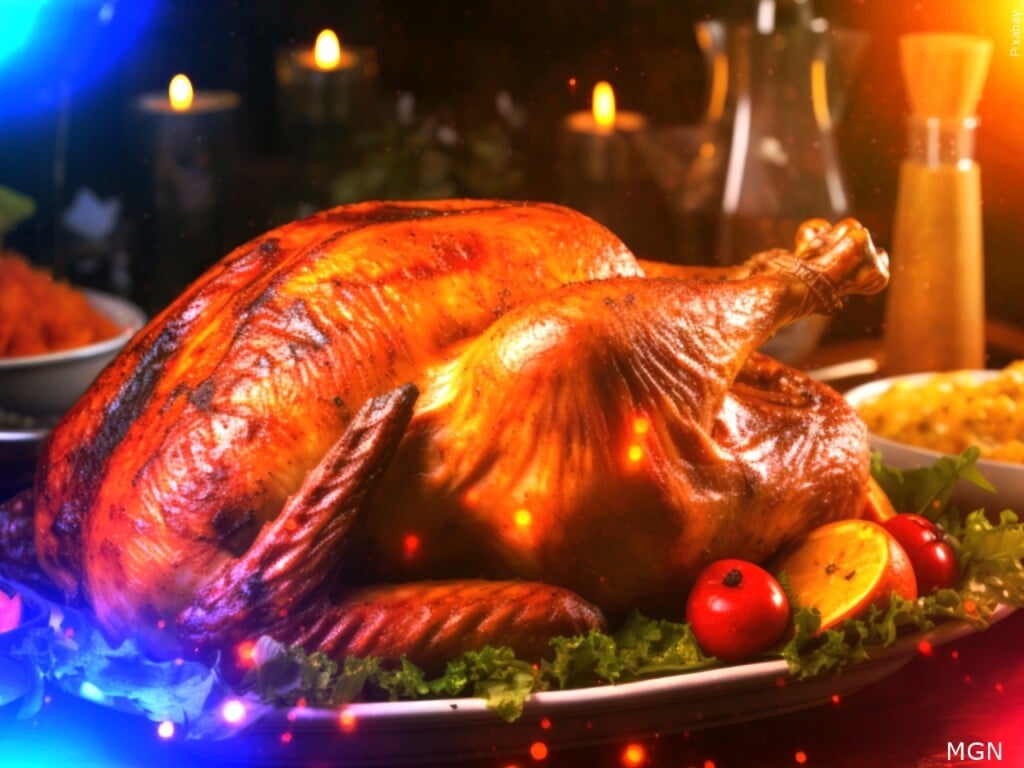How one butcher is “reimagining” the future of her small business
About a week before Philadelphia closed non-essential businesses due to the coronavirus, Primal Supply Meats founder and butcher Heather Marold Thomason in March was facing “insane demand” at her shop, with two to three times the usual customer traffic. But as soon as dining-in at food establishments was no longer an option, she lost 45% of her business — overnight.
Losing their wholesale program could have destroyed the business. Yet, resolved to sustain local farmers and concerned for the safety of her staff, she and her team launched an online store in only three days, scrambling to fast-track a project that they had originally planned for a few months down the road.
“I think in about 72 hours, essentially, we had already lost wholesale, and we pivoted all of the retail business away from walk-in, like a point-of-sale customer service to pre-orders on our website for pickup or delivery. And that’s how we’ve been operating ever since,” Thomason told CBS News.
It was a “huge leap,” according to Thomason, but it allowed the craft butcher shop to buy and sell the same amount of meat, including five to six whole beef and 10 hogs every week. “We’re selling all of it to home cooks,” she said.
Primal Supply launched as a wholesale and subscription program in 2016 before opening its two brick-and-mortar locations in South Philadelphia and Brewerytown. The shop sources its pasture-raised meat from local farmers while also helping manage their supply chain.
Thomason said that in the past three years of operation, Primal Supply has “paid more than $3 million directly into the hands of less than a dozen farmers, and one family-owned slaughterhouse.”
“As a small business owner, the level of responsibility that I have at this time is just overwhelming sometimes. I can’t let my farmers down,” Thomason said, noting, “It took two years to raise beef.”
While two of her employees voluntarily chose to go on furlough after the virus outbreak, Thomason said she has not laid off any staff.
“I’m basically at this point trying to actively hold the business where it is,” she said. “To be totally honest, we’re feeling more demand than we can fulfill. But I just want to keep the 20 people that we have right now continually employed, and I want to keep the commitments that we have to our farmers in place.”
Primal Supply has maintained its revenue, according to Thomason, but they have open invoices with restaurants that have closed. “So we have a significant amount of, basically, cash on the street that’s due to us, that we may or may not ever see,” she said.
To help cover expenses, they have applied for a Paycheck Protection Program loan through the U.S. Small Business Administration, and Thomason is hopeful the loan will come through.
“At this point, I feel very grateful that we’ve been able to pivot and keep operating and keep our overhead. Like we’re able to pay rent. We’re able to pay our employees. So beyond that, I’m not really seeking any assistance, because I know that there’s people who need it a lot more than we do,” she said.
With a mission to support the local food economy and nurture the community, Primal Supply Meats has also been adding to their grocery program with various purveyors that have similarly lost their wholesale business.
“Even in this time, I’ve been able to keep my staff employed, but I also feel like we’ve been able to be really impactful by partnering with other local businesses to buy and sell their products through our web store, which has become like a very cool local food platform,” Thomason said.
Thomason is also expecting the changes forced by the COVID-19 pandemic to have long-term impact, especially when it comes to how people shop.
“There’s going to be a lot more support and awareness for shopping and supporting local when this is over,” she predicted. “I think there’s some good habits that are being instilled in people right now, that they’re not necessarily going to abandon when this is over. Even just like cooking at home.”
Thomason said she had not expected the stay-at-home order in Philadelphia to go on for this long, but she feels “grateful, really, more than anything.”
“From the beginning, I felt like if we could just keep everyone safe and healthy and happy, honestly, wanting to still come to work every day, that we would be able to do this,” Thomason said. “And you know, looking back on the past month and seeing that that’s what really happened, that our team — my team at Primal Supply and the community and customers who support us in Philadelphia totally made it work.”
Thomason also remains optimistic about what’s to come, even as she keeps Primal Supply Meats on course in navigating the wildly uncertain present.
“The longer this goes, the more I think we’re kind of reimagining a future. And I don’t think it’s necessarily a bad one — I just think it’s a really different one,” she said. “And as a small business owner, all you do is you try to plan and project, and sort of make sense of what you think is going to come. … And I have no idea. I guess personally I’m just trying to acclimate to this way that we live now, where it’s like we don’t know what the next week, or the next month, or the next six months is going to look like. And I guess we’ll just take it one day at a time and try to learn from today and make tomorrow better.”





Leave a Reply